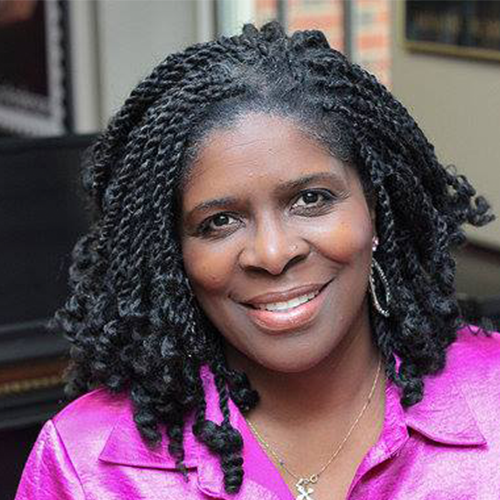August 18, 2020 marked the 100th anniversary of the ratification of the 19th amendment, guaranteeing and protecting women’s constitutional right to vote. Elaine Weiss, Martha Jones, and Melanie Goan have all written engrossing and fascinating accounts of the history and impact of women’s suffrage. Their books work to depict a fuller view of the impact of the women’s suffrage movement, including its longer history in search of “equality for all.” Dr. Kathy Bullock, whose academic work includes documenting the journey and contributions of African American women in the struggle for the right to vote in the U.S., will moderate the discussion. This event is sponsored by the Kentucky Historical Society.
EVENT SPONSOR


Dr. Kathy Bullock is a professor of music at Berea College, Berea, Kentucky who also provides workshops and other musical programs in African American sacred music throughout the United States, Europe, and Africa. A performer, conductor, accompanist, arranger, and scholar, she specializes in gospel music, spirituals and classical music of the African diaspora, sharing the joy of this music-culture everywhere she goes.

